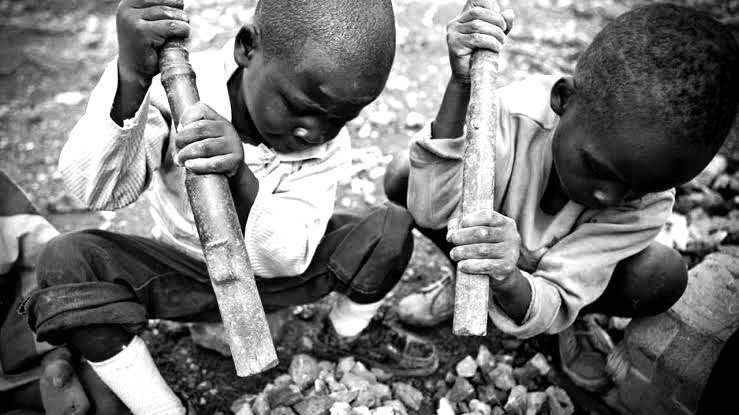Luxury car brand, Mercedes Benz, is piloting a blockchain supply chain aimed at the tracing carbon emissions in the cobalt supply chain and in the process monitor recently raised issues related to provenance and ethics around cobalt, with the majority of cobalt production coming from the Democratic Republic of Congo (DRC), a region criticized for its unethical cobalt mining conditions.
It is estimated that around 40,000 children work in cobalt mines in the DRC. That means it’s especially important for the company to know where the materials for its products are coming from.
It is expected that the blockchain supply chain will help map the production flow of these materials and their associated carbon emissions.
SEE ALSO: The Bisunzu Mine in Congo Using Blockchain to Digitally Trace and Tag Cobalt-Tantalum Mining
This will purportedly help Mercedes determine whether its partner companies comply with its sustainability requirements, especially when it comes to human rights.
Increasingly, companies are demanding material suppliers provide a supply chain of their materials. The need to authenticate clean minerals by companies exists since the U.S. passed legislation in 2010 requiring U.S-listed companies to disclose where their products are coming from and perform due diligence. A similar European Union (EU) rule is expected to take effect in 2021.
A new system by a Berlin-based blockchain company, RCS Global, is already in use to tag Cobalt-Tantalum mineral ores from one particular mine and help fight against conflict minerals in Democratic Republic of Congo (DRC).
Follow us on Twitter for latest posts and updates
Open a Paxful Bitcoin Trading Account today!










